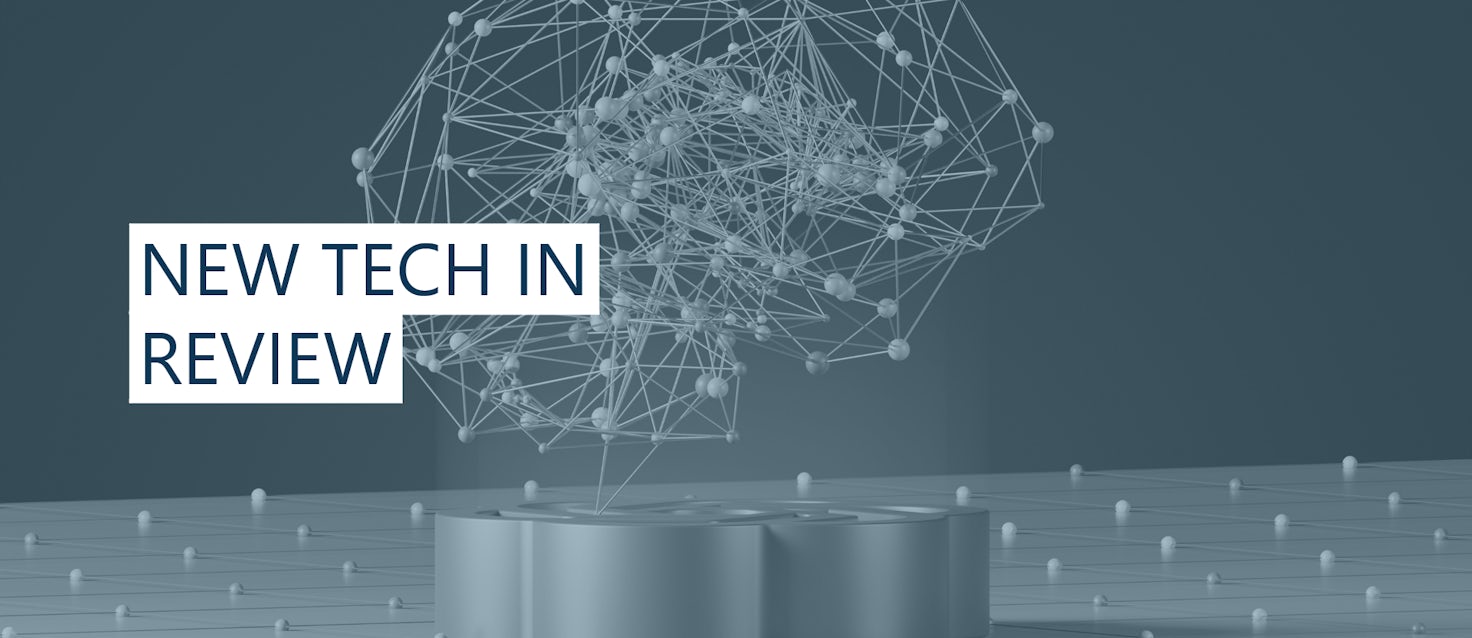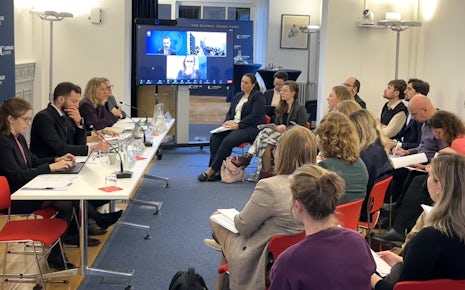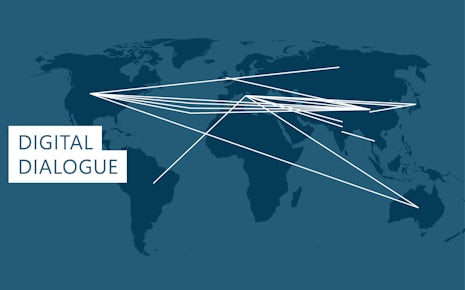The rapid evolution of artificial intelligence (AI) technologies over the past year has set the stage for intense global competition in capabilities and governance frameworks.
The advent of consumer-facing AI, epitomized by the meteoric rise of ChatGPT, a large generative language model (LLM) launched by OpenAI in November 2022, has made the workings of AI systems and the advent of artificial general intelligence (AGI) a major focus for leaders, regulators, industry, and the public alike.
This heightened visibility has sparked policy and regulatory concerns about safety, human rights, responsible innovation, and alignment—to make AGI aligned with human values and follow human intent. The inherently opaque and black-boxed nature of the technology as well as the limited explainability of outcomes are particularly unsettling. This year will see billions of people go to the polls worldwide, which, in the era of post-truth and generative AI, casts doubt on the legitimacy of election results by amplifying misinformation and disinformation, thereby impacting the democratic exercise. The potential weaponization of AI technologies for security and defense is another worrying development.
Read on Carnegie Europe's website.



